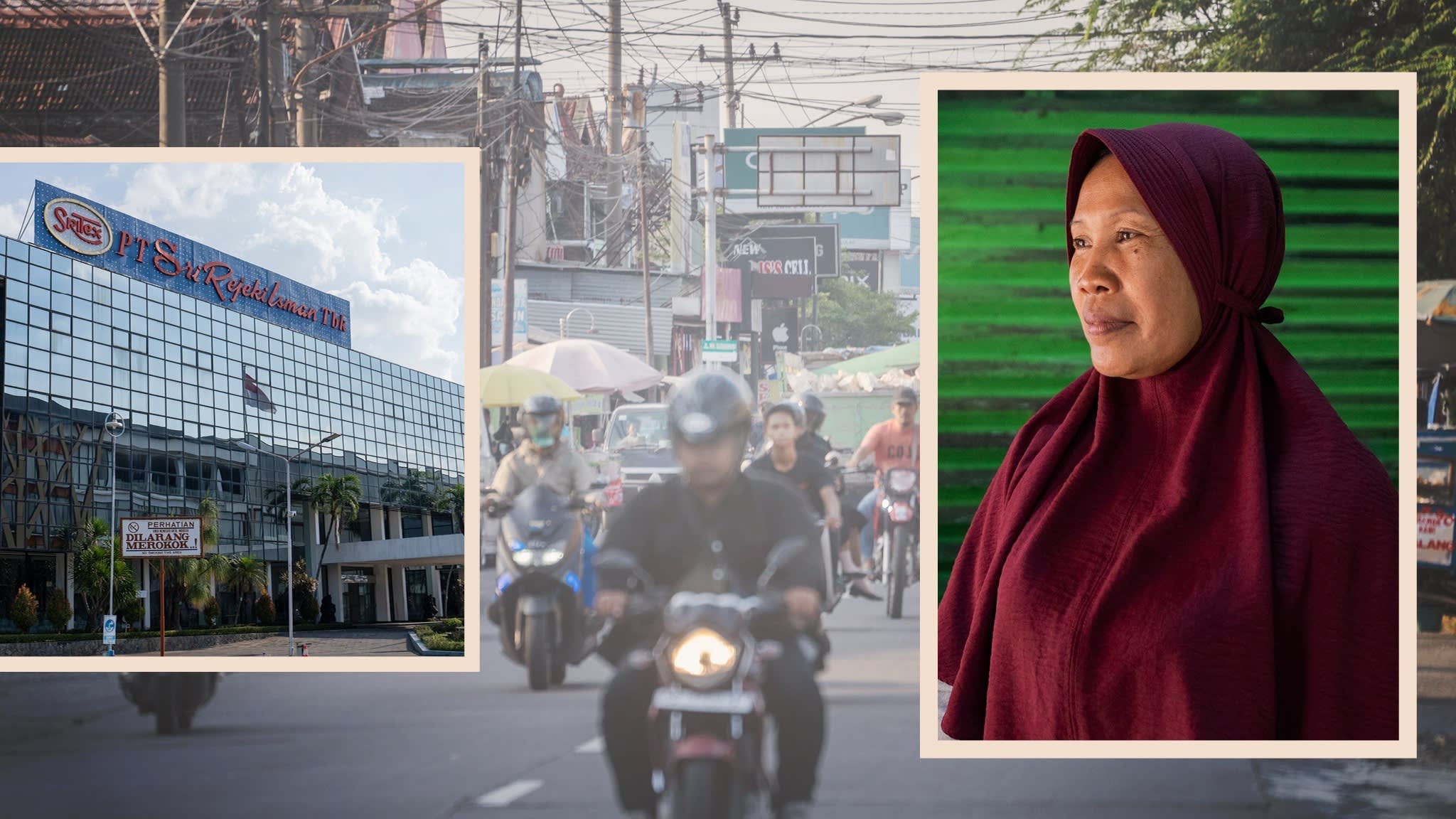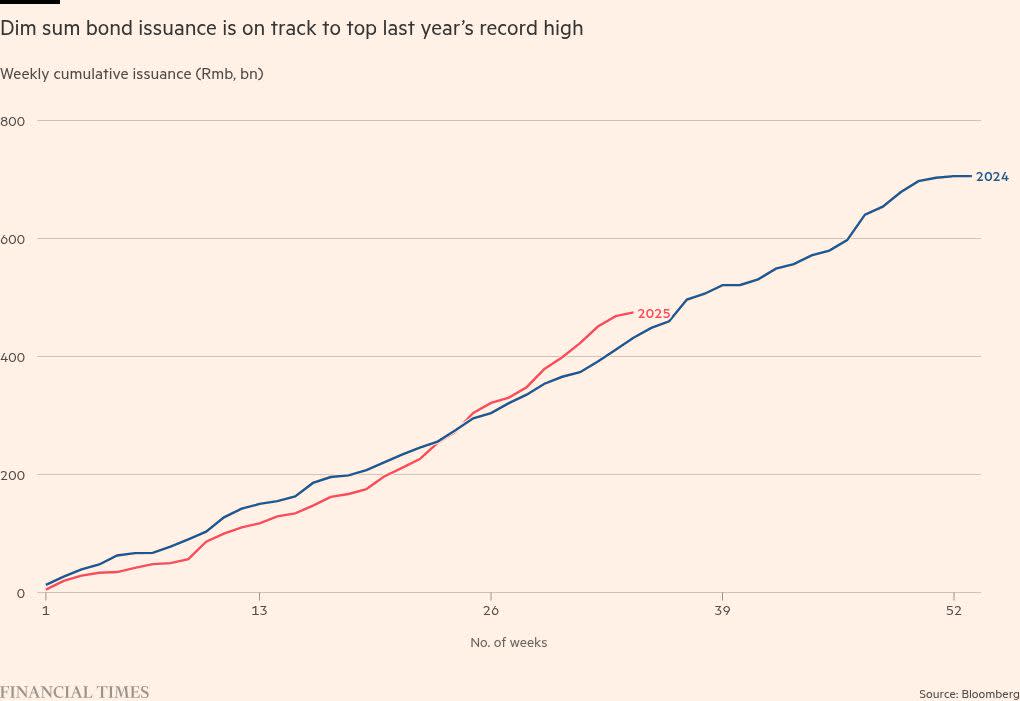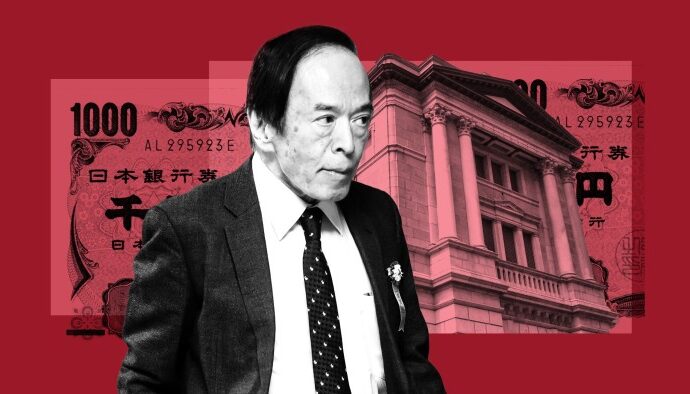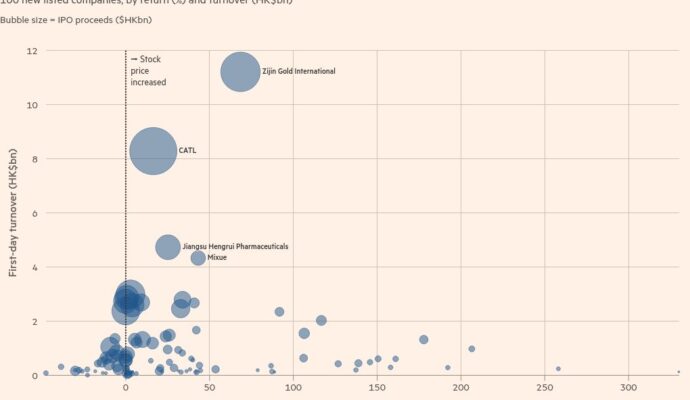This article is an on-site version of our FirstFT newsletter. Subscribers can sign up to our Asia, Europe/Africa or Americas edition to get the newsletter delivered every weekday morning. Explore all of our newsletters here
Good morning and welcome to FirstFT Asia. In today’s newsletter:
Taiwan votes on nuclear power
China restricts Nvidia after Lutnick’s “insulting” remarks
Saudi Arabia’s snow mountain
Indonesia’s economic alarm bells
We start in Taiwan, which is set to vote tomorrow on whether to return to nuclear energy just three months after shutting down its last reactor.
What to know: The referendum comes as concerns mount over how to supply enough power to keep Taiwan’s world-leading chip sector growing. It also highlights the country’s challenges in securing stable energy supplies to survive a potential Chinese blockade. Launched by the two opposition parties, which hold a legislative majority, tomorrow’s referendum will ask voters if they support restarting a reactor at the Maanshan plant in southern Taiwan, provided regulators do not find safety concerns.
Why it matters: Many foreign observers have urged Taiwan to embrace nuclear power, arguing that its dependency on imported gas, coal and oil for more than 95 per cent of its energy makes it highly vulnerable to a Chinese blockade. “Energy is the weakest element in Taiwan’s resilience,” said Mark Cancian at the Center for Strategic and International Studies think-tank in Washington, who co-authored a war game last month that simulated a Chinese blockade of Taiwan.
More Taiwan news: Taipei plans to raise defence spending by almost a quarter next year in an effort to show the US its determination to strengthen itself against threats from China.
More on nuclear power: Two nuclear energy giants are in talks to set up a joint venture for US and European projects as they try to move on from a legal settlement that South Korean lawmakers described as a “slave contract”.
Here’s what else we’re keeping tabs on today and over the weekend:
Economic data: Japan and Malaysia report July inflation figures.
Jackson Hole symposium: Markets will pore over every word in Federal Reserve chair Jay Powell’s speech today, as the US central bank comes under attack from Donald Trump.
Thailand: A court will rule if Thai PM Thaksin Shinawatra insulted the monarchy during a 2015 media interview. (Reuters)
South Korea-Japan relations: South Korean President Lee Jae Myung visits Japan on Saturday for a summit with Prime Minister Shigeru Ishiba.
How well did you keep up with the news this week? Take our quiz.
Five more top stories
1. Beijing’s move to restrict sales of Nvidia’s China-specific artificial intelligence processor was prompted by remarks from US commerce secretary Howard Lutnick that officials found “insulting”. A group of Chinese regulators have mobilised in an effort to dissuade domestic tech companies from acquiring the H20 — a watered-down processor widely used for artificial intelligence in China.
2. Saudi Arabia is struggling to deliver its desert-defying ski resort for the 2029 Asian Winter Games and has held internal discussions about finding alternative countries, such as South Korea and China, to host the event, said people familiar with the project. Here’s more on the “mind-boggling” project.
3. Walmart has said US tariffs are driving up its costs this year, squeezing its profit margins even as more customers visit its stores in search of affordable goods. The world’s biggest retailer said yesterday that it had worked to hold down prices, but the costs of the goods Walmart sells are starting to escalate as it stocks up ahead of the holiday shopping season.
4. Russia has targeted Ukraine’s cities and hit a US-owned consumer electronics factory in the largest combined drone and missile attack in more than a month. The attack came just five days after Donald Trump’s meeting with Vladimir Putin in Alaska. Here are more details.
5. A New York court has overturned a roughly $500mn penalty against Trump in a landmark civil fraud case, ruling that one of the most severe civil penalties in US history was excessive. The case had centred on allegations that Trump and people connected to him fraudulently inflated the value of real estate assets in representations to banks.
The Big Read

As investment pours into Indonesia’s mining projects, the country’s once-mighty manufacturing sector is stagnating and shedding jobs. South-east Asia’s largest economy is in the throes of deindustrialisation which economists say is having far-reaching consequences.
We’re also reading . . .
Chart of the day
Issuance of renminbi debt outside mainland China — known as “dim sum” bonds because most are issued in Hong Kong — is heading for a record high this year. Low Chinese interest rates have made the currency an attractive funding option while businesses and bond investors are rethinking their exposure to dollar assets.
Take a break from the news . . .
Testing a scenario, Tim Harford asked ChatGPT why it sent him on a blind date with an octopus, and demanded an apology. The responses were good enough material for improv comedy.



